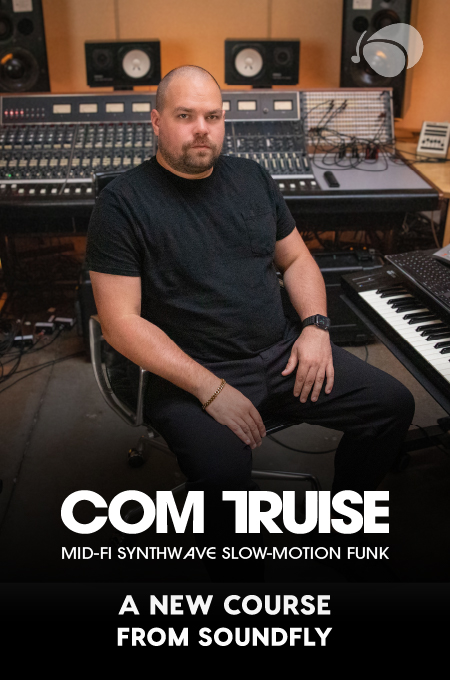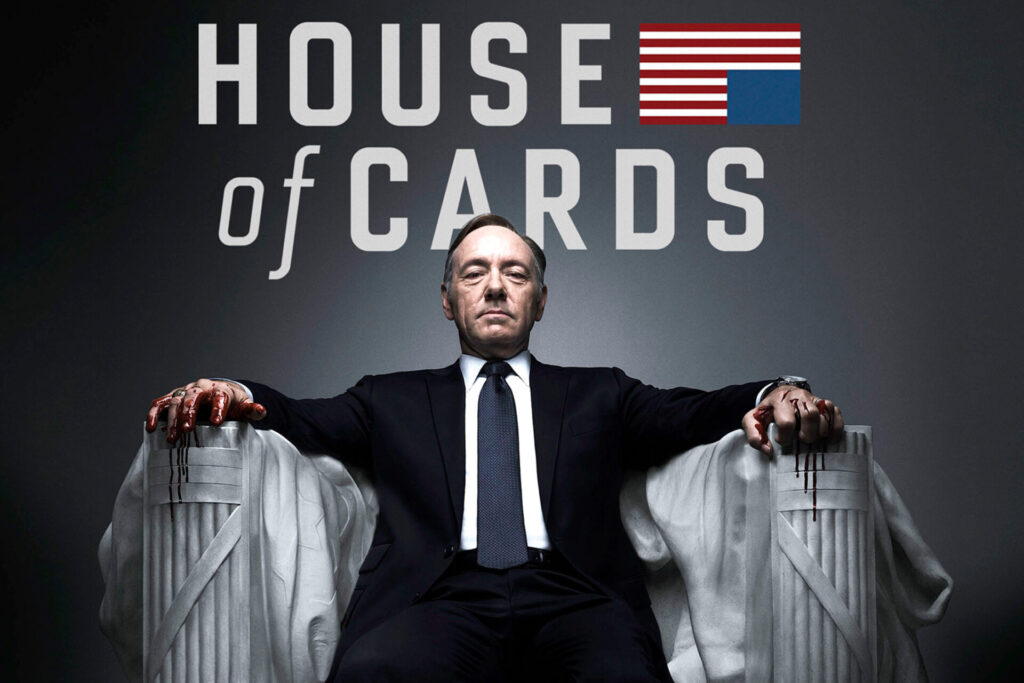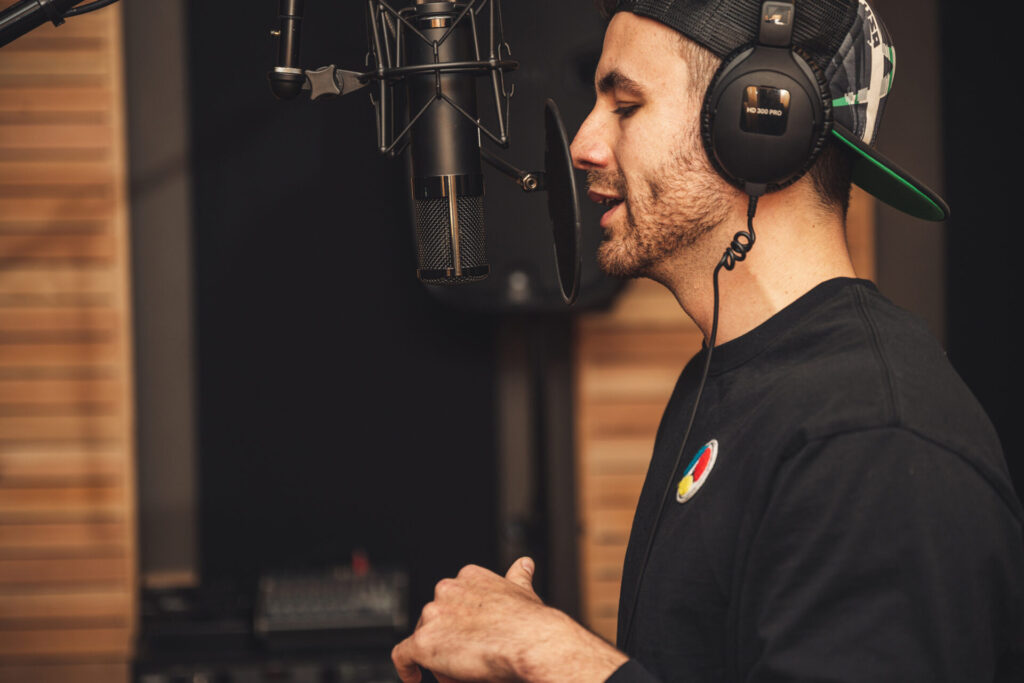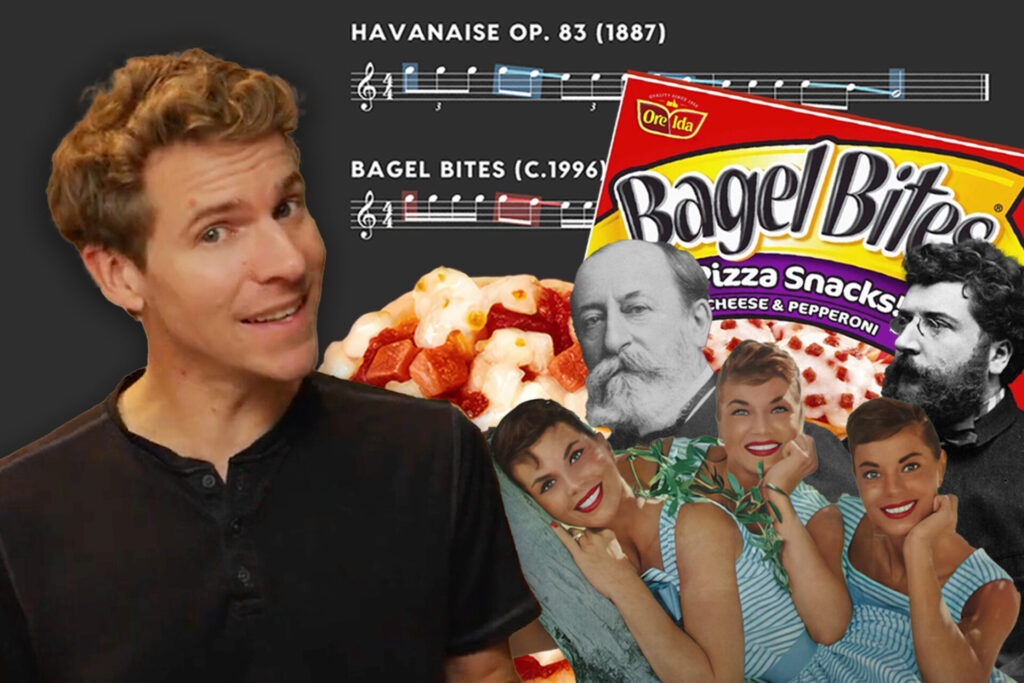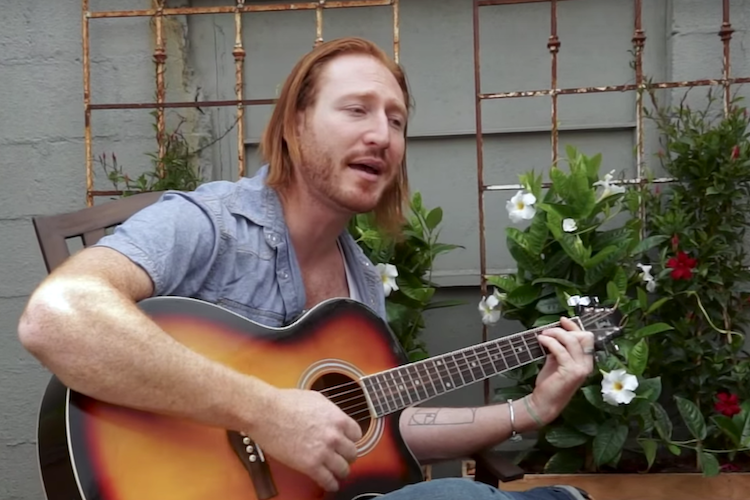
+ Recording and mixing your own songs? Grammy-winning artist Kimbra explores how to harness the full creative potential of your music in her new course!
Collaborations can be a lot of fun, but they can also be quite tricky. At the beginning of our careers, we may be willing to take any and every opportunity in order to grow, but as we move up, determining which projects are worth our time gets harder.
If you’re not just a songwriter who prefers to stay out of the spotlight, making toplining a side hustle can be a bit of a balancing act. Do you collaborate with producers as a featured artist, or do you co-write and then hand the song over to another singer? Do you make important decisions like royalty splits and advance payments right off the bat, or do you figure it out along the way?
These are just two of the several important questions you should answer honestly for your own good. Even though you may be emotionally attached to your work, you still should view your career for what it is: a business.
Because every topliner has different preferences, negotiating terms can be a little confusing, especially if you’re new to working in this manner. Producers who work with topliners and feature artists frequently on their tracks might have their own pre-determined terms, some of which may not even be negotiable. But it certainly doesn’t hurt to know exactly where you draw the line either.
But first, for all you singing producers out there, Soundfly just launched a brand new course with Kimbra, in which she herself demystifies her variety of vocal techniques and the creative inspirations behind her most beloved songs. Go check out this in-depth and awe-inspiring new course, Kimbra: Vocal Creativity, Arranging, and Production, exclusively on Soundfly.
Clear the air before you get started.
Especially in the EDM world, projects move forward pretty fast. If you’re working with an established DJ, you might not have a lot of time to figure out the details of your agreement, which is why it’ll help you to know where you stand before the opportunity arises.
Say you’re an artist and you hear a demo you want to not only write but also sing on. Though it’s rare for an EDM producer to ask you to only co-write on a track if most of your songwriting work is a part of your own artist project, it’s still useful to make sure you’re on the same page. Sometimes, the producer might like your writing but have another vocalist in mind for the song.
Of course, the opposite scenario is possible, too. Perhaps the producer has most of the melody and even the lyrics figured out, but he wants to feature you as an artist only. Knowing these details from the get-go is important, because they should be factored in during the negotiation process.
Have an honest conversation with yourself about what you’re getting out of it.
Sometimes, you might work on a collaboration that will never see the light of day.
If the reason why this happens is because you’re going after a high profile slot and you simply don’t make the cut, that’s okay (because your demo serves the purpose of an audition tape). If, however, you embark on the project just because you like the demo, you might invest in time that you’ll never get back and end up thinking to yourself: “all that work… for nothing!”
The producer might show promise, but that’s no guarantee that they’ll be on your level professionally. And, even if you enter an agreement to split all revenue 50/50 together, remember that at the end of the day, it’s up to the producer to decide if he wants to release the song and when. The fact that they have last decision on everything regarding the project is only fair, especially if they’re the main artist and you’re the guest artist.
But that’s exactly why you should think twice before you take collaborations like these on: if things don’t go according to plan, you have no case.
So, what are the deciding factors? Undoubtedly, revenue is important, but a lot of us singer-songwriters and songwriting producers also care about matters like exposure and expanding our discography in a meaningful way.
Working with an artist who’s just getting started? Make advance payment a part of the conversation.
Unless you’re working at the highest level in the industry, advance payment is usually not a part of the negotiation process in toplining cases. But there are exceptions.
There are several vocalists who almost exclusively topline EDM tracks for a living; some of them even come with a vocal producer and a recording engineer in a neat package deal. You can find such topliners on sites like SoundBetter and Fiverr, but these are not the kind of people you approach to with a revenue split deal. They will ask for their rate and in return, you’ll get to keep all the royalties. You can liken this to the way producers take on remix projects: remixers, too, usually ask for their rate and nothing else after that.
However, if you’re an artist and you want to keep your artist project associated with all your collaborations, this model might not apply to you.
As an alternative electronic pop artist myself, I occasionally topline EDM tracks, but I’m picky when it comes to the sub genres that fall under the EDM umbrella. I usually find myself attracted to melodic EDM tracks, and that plays into my decision-making process, creatively-speaking. Because I approach most projects as an artist first and a songwriter second, I turn down way more projects than I take on.
Besides, as an artist who’s capable of producing her own records, I don’t feel the need to work with other producers in order to put music out when not necessary. When I collaborate with other musicians, I do so, for two reasons:
- They are musicians who are also my friends whom I’ve been wanting to make music with for some time.
- I know the collaboration will be beneficial to my career in a substantial way.
A couple of years ago, there was a producer who was completely new in the scene, but he already had a team in place. His management reached out to feature me as a topliner on two of his tracks, and while I enjoyed the beats, it wasn’t enough incentive for me to take the project on. Therefore, I decided that it wasn’t worth my time unless they pay me an upfront fee as well as offering me a reduced percentage (less than 50%) of the revenue.
Only one of those tracks got released and subsequently taken down, and I don’t know what that producer is up to today — but it’s okay because I already got paid my rate. My security blanket plan ensured that I wouldn’t regret participating in that particular collaboration.
However, I’ve also made mistakes that I definitely won’t repeat (at least not if I can help it). Last year, I toplined a track by an artist who had a team and an indie label to back him up. Even though said artist was not at my level audience-wise, I really liked the track and I wanted to build a good relationship with everyone involved with the project, so I agreed to take it on under the condition that we split all revenue evenly; after the label gets their cut, of course.
Alas, the artist went through some changes in his life and there’s no telling when or if the song will ever come out. And that’s nobody’s fault! It can happen. Sometimes, both parties can be completely transparent with each other, go into negotiations in good faith, but things may not go according to plan. After having this experience, I decided that for a while I might have to take a step back from collaborations that don’t show enough promise to sway me. My solo project is my only passion project, and as a freelancer, I barely have enough time in my hands to focus on it as it is.
Don’t forget: the writer’s share and master rights are two separate entities, and you might be entitled to both.
One of the biggest mistakes new singer-songwriters make is not learning the difference between performance and mechanical royalties as well as revenue earned from master sales and streams. Therefore, when they sit down with another artist they’ve collaborated with to straighten things out, they run the risk of not getting everything they can out of the deal. The good news is that Soundfly made a great, free online course on this royalty stuff — so check it out if you need a refresher, or to learn it for the first time.
Today, you can find yourself in a song with five other writers on it, some of whom might have their own publishers. When this is the case, the matter of who gets how much of the writer’s share and the publisher’s share can become a bit more complicated. But if you’re only a co-writer on the project, this is the only part you’ll have to keep your eyes on. Although songwriters are fighting the system to get a share of the master rights, it’s not common practice just yet.
If you’re the only featured vocalist on the track alongside a co-writer, then you are automatically entitled to discuss your share of the master rights, especially if you’re working with an artist who is independent. If the main artist already has a record deal in place, you might want to respectfully inquire how much of the master rights the artist owns per their contract. In most cases, the most standard term you’ll be looking at when a label is involved is that the label owns half of the master rights and the artists split the rest of it among themselves per their mutual agreement.
Obviously, if you’re not the only performer on the record, your share will diminish in percentage, and if you’re working with an artist who’s at a higher level than yourself, you may not get exactly what you want. But the bottom line is that handling matters professionally and discussing the terms openly with all parties while keeping all these possibilities in mind will reveal that you’re aware of your rights and worth, which will help you build your confidence and reputation.
You want to make decisions about your own conditions once and for all but not sure where to start? Here are a couple of helpful articles:
- STOP! Do You Know the Difference Between Getting Paid as an ‘Artist’ and a ‘Songwriter’?
- 5 Royalty Streams Every Indie Artist Should Know
Don’t stop here!
Continue learning with hundreds of lessons on songwriting, composing, home recording, electronic production, beat making, and much more. Explore Soundfly’s exciting courses like Modern Pop Vocal Production, Unlocking the Emotional Power of Chords, and Kimbra: Vocal Creativity, Arranging, and Production.

